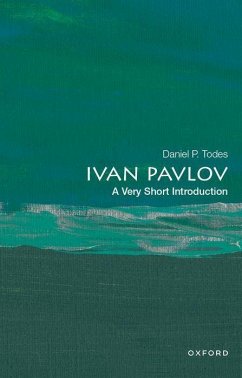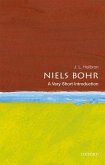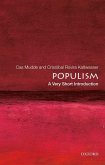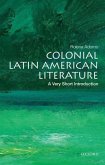This short biography explores the life and science of the famous Russian physiologist Ivan Pavlov, focusing on his lifelong quest to understand the torments of our consciousness. Daniel P. Todes analyzes Pavlov's Nobel Prize-winning research on digestion and his iconic studies of conditional reflexes. He demonstrates that, contrary to myth, this brilliant experimenter did not use a bell, was uninterested in training dogs, was not a behaviorist, and was a profoundly anthropomorphic thinker. He also explores the importance of his little-known research on chimps, and his final, unfinished manuscript on the relationship of science, Christianity, and Bolshevism.








